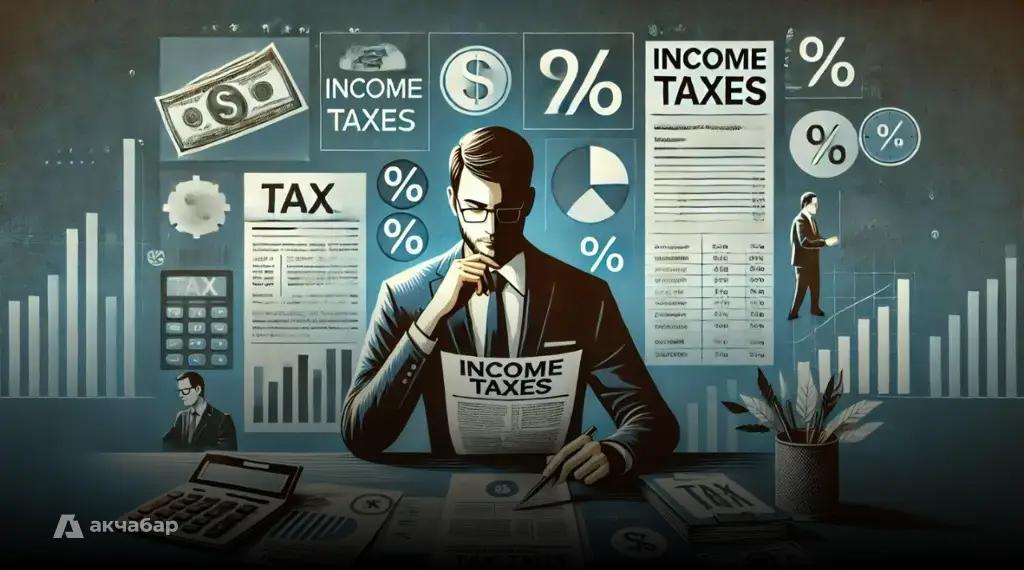
Published
10/07/2024, 10:11On 1 October 2024, changes to the Labour Code came into force in Kyrgyzstan, affecting the payment procedure of wages and the taxation system. Earlier the editorial staff of Akchabar analysed how the conditions for business would change. Still, the readers ask about how these changes will affect ordinary employees, and whether we would have to pay more.
Since the beginning of 2024, there has been talk about lowering insurance contributions from 27.25% to 12.25%. According to the authorities, this approach should encourage employers to show the real income of their employees and increase their wages.
"This will help ( insurance payments reduction. - Author's note) the saved part of the funds to be directed at increasing wages. The burden of 27.25 per cent is too high. That's why we don't observe the reforms' and VAT's effect. We want to get to the principle of ‘one taxpayer - one tax’,’ Akylbek Zhaparov said at the II Bishkek Tax Forum, held in January 2024.
According to the documents, of the total amount (12.25%), 2.25% will be paid by an employer and 10% by an employee. However, everything is not so simple. For this scheme to start working, businesses need to fulfil certain conditions, namely to honestly show how many employees they have and how much they earn (we wrote more about this here).
In turn, the income tax rate for ordinary workers has remained at the same level as before - 10%. However, changes did impact ordinary citizens as well. The key one is now we pay 10% not on the minimum income amount (MIA), but on the average monthly wage (AMW).
The AMW indicator is set by the Kyrgyz National Statistical Committee for each district individually. In the city of Sulukta it is 15,764 KGS, which implies a tax of 1,576.4 KGS per person, and in the city of Bishkek - 30,749 KGS, respectively, the tax will be 3,74.9 KGS. At the same time, the minimum income amount (MIA) for these cities was 8,289 KGS for Sulukta and 12,234 KGS for Bishkek. This means that tax payments were much lower, 828 KGS for Sulukta and 1,223.4 KGS for Bishkek.
Then how will those whose salaries are lower than average pay taxes? This is where the mechanism comes into play, which should protect ordinary employees from unfair burdens and give businesses time to adapt so that they start paying wages that correspond to needs. If a worker's salary is below average, an employer must pay the difference out of his wallet.
"Previously, the MEI (minimum estimated income) was applied when calculating income tax. Due to the new law signing, which came into force on 1 October this year, the AMW is now being used instead. Now if an employer pays wages below the minimum amount, it is obliged to cover the difference between the minimum amount and the income tax withheld. Note that for entities registered in cities and districts (except for Bishkek, Osh and Jalal-Abad) that have applied for the new tariff rate on insurance contributions (12.25%), additional assessment for income tax and insurance contributions is made from the truncated AMW,’ the State Tax Service told the Akchabar editorial office.
The main reason, the authorities went to meet the business community and reduced insurance premiums is to fight the shadow economy. However, there is another reason, even though it is not spelt out in the law, which is an increase in wages for those, whose salaries are below the average monthly wage. And this is the responsibility of businesses. For sure, it is much easier to pay the 1,000 KGS difference than to increase wages by 10,000 KGS, but in this case, the authorities can remove the relaxation for business and even make it higher than before.
